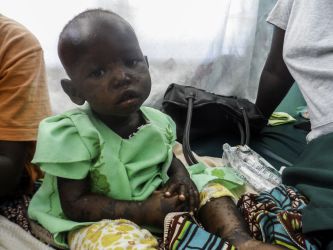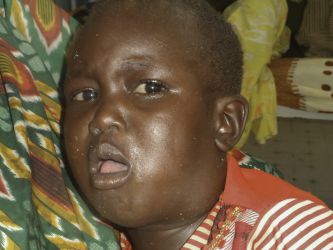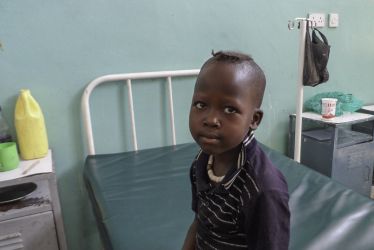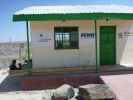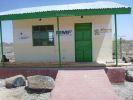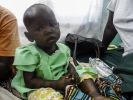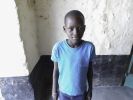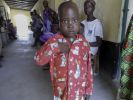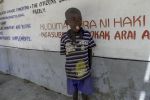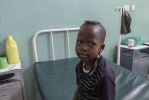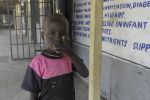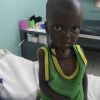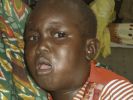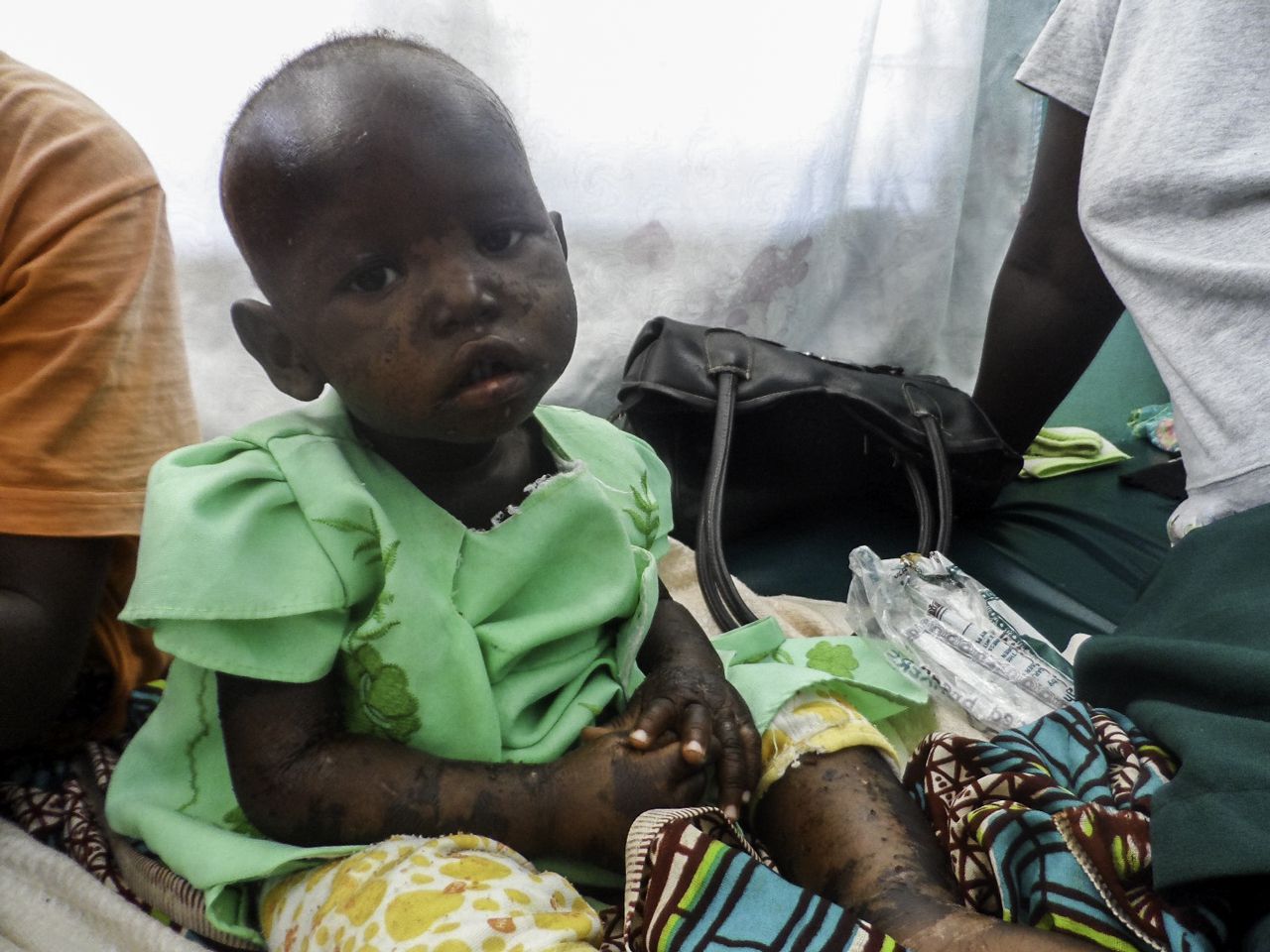Medical Mission International is reaching needy families in the Turkana drought region in northern Kenya. MMI sponsors the operations of a permanent medical clinic, located in Lodwar, the largest town in the area and MMI also funds mobile outreaches that travel on a regular basis to nearly twenty remote villages in the region. The clinic and mobile missions provide treatment at no cost to the sick and suffering who often have no other access to medical care.
According to Dr. Martina Fuchs, MMI Turkana programme liaison, the medical clinic and travelling outreaches are making a positive impact and lowering mortality rates. The programme is targeting a population of more than 250,000, with the majority of the people located in the villages and settlements in rural areas. The consistent availability of treatment and care, including access to medication, pharmaceuticals and medical staff, is helping the local people combat disease and illness, and is also providing thousands of immunizations to children and pregnant mothers.
The travelling teams rotate through the villages and provide general medical care, as well as emergency referrals and transportation, home visitations for severely ill and elderly patients, hospice services, nutritional support and supplements to malnourished children and lactating mothers, vaccinations and health education. Malaria, respiratory diseases, diarrheal diseases, skin and eye conditions and infections are among the most common ailments affecting patients.
The permanent clinic in Lodwar provides outpatient diagnosis and treatment, medication, minor surgery, wound care, and is also able to provide laboratory diagnostic services, HIV testing and counselling.
Medical Mission International donors have also provided an ambulance to the Lodwar Clinic, which is used for emergency referral and transport of needy patients who require advanced medical care.
According to Dr. Fuchs, the rural population suffers from limited options for medical treatment and traditionally depends on herbs and witch doctors for medical services. The presence of trained medical staff in conjunction with health education is saving lives. “The programme has safeguarded many community members from herbal poisoning and the dubious, expensive, often life-threatening alternative of witch doctors,” said Dr. Fuchs. During a typical quarter, more than ten thousand patients are now being treated through mobile outreach clinics and at Lodwar Clinic.
Health education is an integral component of the program. Health extension workers coordinate and disseminate key messages concerning disease prevention through public health education sessions at both Lodwar clinic and during mobile outreach clinics. “The information enlightens and empowers people in each community to take initiative to improve their health and prevents a wide range of diseases," said Doug Kendrick, MMI programme director.
The Lodwar Clinic is trusted and held in high regard by the local people. “We know that the Lodwar Health Clinic treats everyone, even poor people without money,” said a young man who intervened and assisted another boy with a head injury get to the clinic. Daudi, a fifteen-year old, sustained head injuries because his mother threw stones at him. According to the injured boy, his mother has a mental disorder, can be violent and walks aimlessly along the streets of Lodwar collecting litter. He said his father is dead. He told staff that he does not attend school, washes cars to buy food and has been sleeping in the alleyways between the shops in Lodwar. Medical staff sutured his scalp injuries and the young man also received trauma counselling. In addition to addressing to his injuries, staff is seeking alternative living support for Daudi through a children’s home in the area.
“This programme is making a positive impact in the lives of so many people in the Turkana region, said Kendrick. “Yes. It is saving lives through medical intervention and education. But the clinic’s influence is reaching deep and serving a wide range of needs within the community.”
